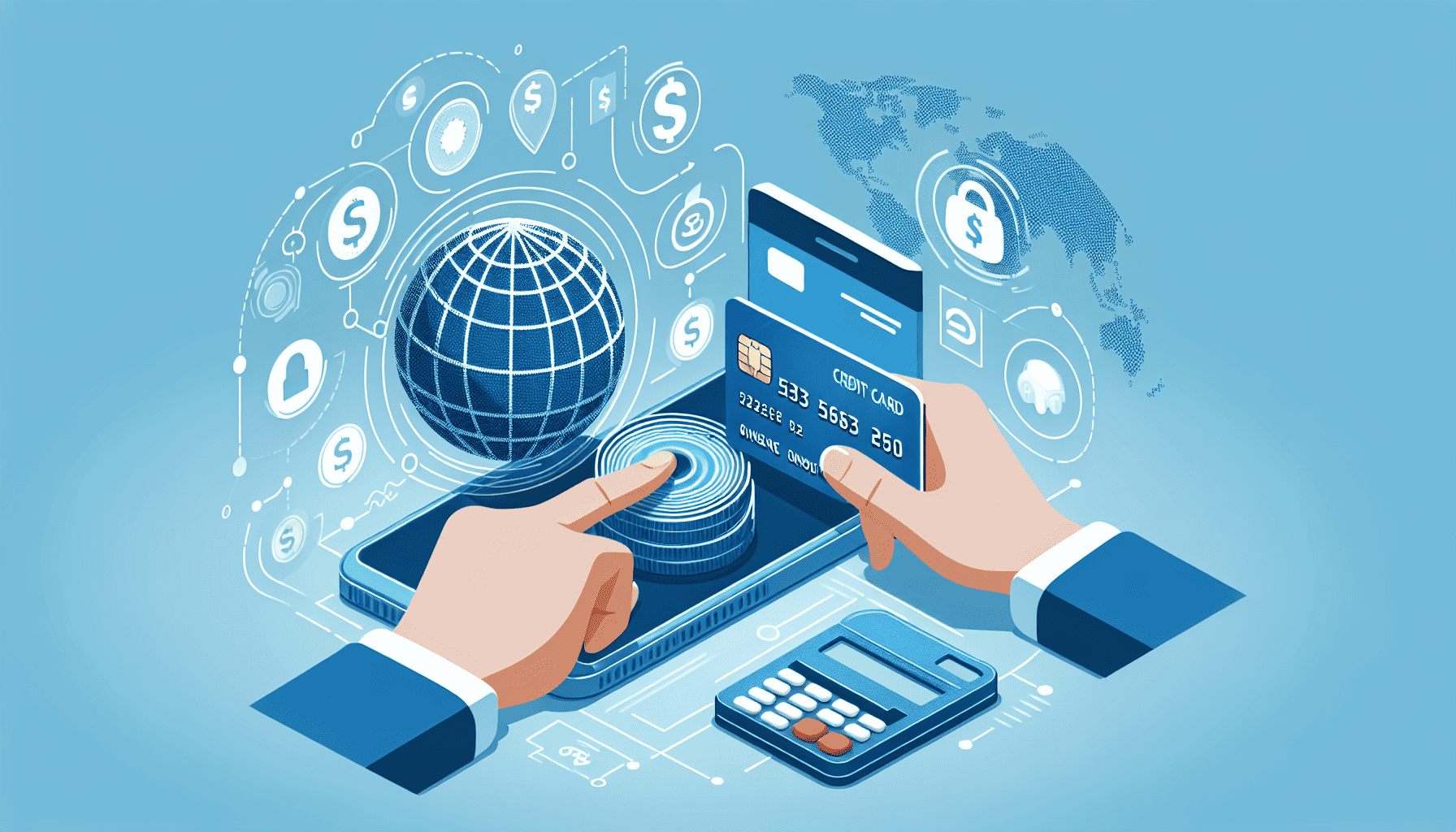In today's digital age, mobile recharges have become an integral part of daily life. Whether you need to top up your prepaid phone or pay your mobile bills, having reliable payment methods is essential to avoid fraud and ensure a smooth transaction. Here, we will delve into the safest and most reliable payment methods for mobile recharges.
Credit and Debit Cards
Credit and debit cards have long been the go-to option for many when it comes to making payments online. They offer a high level of security, thanks to measures like OTP (One-Time Password) and CVV (Card Verification Value). Additionally, many financial institutions provide insurance against unauthorized transactions, which adds an extra layer of security.
However, it's crucial to ensure that you're using a secure and reputable platform. Look for websites with HTTPS encryption and avoid entering your card details on unsecured networks.
Mobile Wallets
Mobile wallets such as PayPal, Apple Pay, Google Wallet, and Samsung Pay provide a convenient and secure way to conduct mobile recharges. These platforms use tokenization to protect your personal data, replacing sensitive information with a unique identifier (token) that cannot be exploited by hackers.
Furthermore, mobile wallets often require biometric verification (like a fingerprint or facial recognition), adding another layer of security.
Bank Transfers (Direct Debit)
Bank transfers or direct debit options are generally considered very secure. They involve authorizing your bank to transfer a set amount of funds directly to the service provider. Since this method often requires multi-factor authentication, the likelihood of unauthorized access is minimal.
However, keep in mind that bank transfers can take longer to process compared to other methods, which might not be ideal if you need an instant recharge.
Prepaid Cards
Prepaid cards like those offered by Visa, MasterCard, and American Express are another excellent option for mobile recharges. Since these cards hold a limited amount of funds, the potential for significant financial loss is minimized. Additionally, they often come with robust fraud protection measures, making them a safe choice.
Cryptocurrency
While not as mainstream, cryptocurrencies like Bitcoin are gradually gaining acceptance for mobile recharges. Cryptocurrencies offer high levels of security due to their decentralized nature and encryption techniques. However, they are subject to market volatility, and understanding the process can be challenging for newcomers.
Carrier Billing
Carrier billing allows you to charge mobile recharges directly to your phone bill. This method is not only convenient but also secure, as it eliminates the need to share sensitive financial information. However, ensure that your carrier has robust fraud protection measures in place.
Security Tips
No matter which payment method you choose, there are several general tips you should follow to ensure a safe transaction:
- Use Reputable Platforms: Always use well-known and trusted websites or apps for your transactions.
- Enable Two-Factor Authentication (2FA): Adding this additional layer of security can protect you even if your password is compromised.
- Monitor Your Accounts: Regularly check your bank statements and transaction history for any unusual activity.
- Update Software and Apps: Ensure that your payment apps and mobile OS are updated with the latest security patches.
- Avoid Public Wi-Fi: Never make transactions over unsecured or public networks. Use a virtual private network (VPN) if necessary.
In summary, while there are multiple payment methods available for mobile recharges, choosing a reliable and secure option is crucial. Whether you opt for traditional credit cards, mobile wallets, or even cryptocurrencies, ensuring the platform's security can help you avoid fraud and enjoy a worry-free experience.
